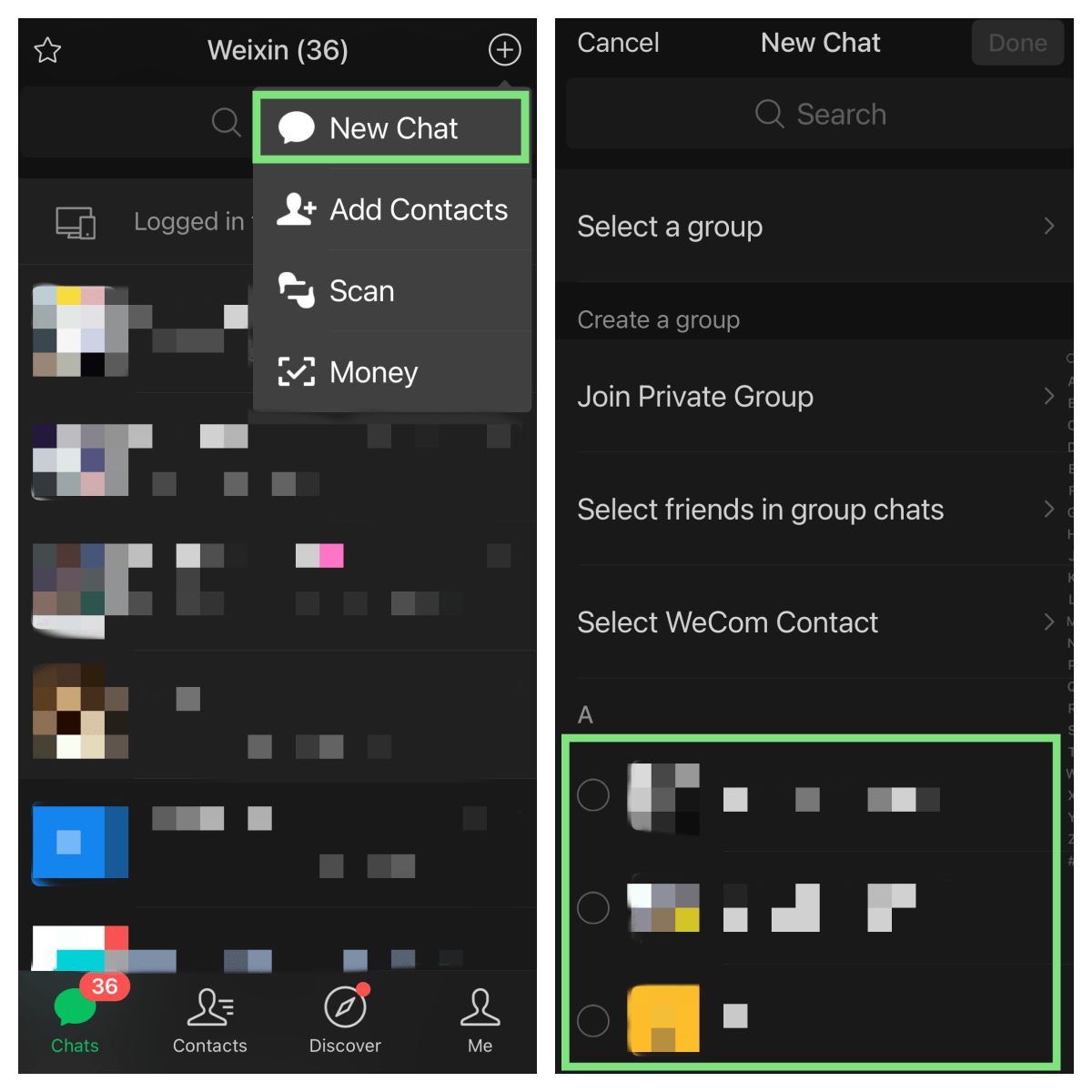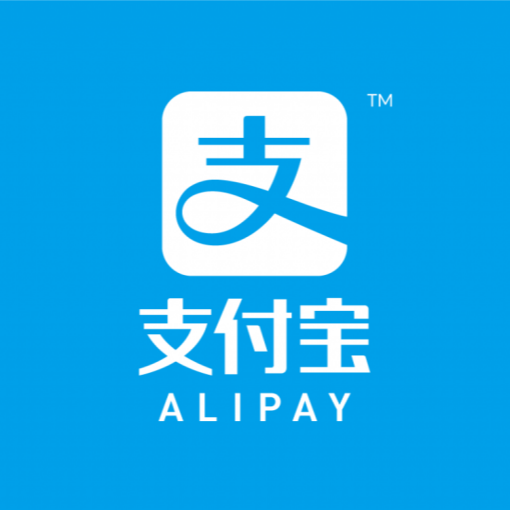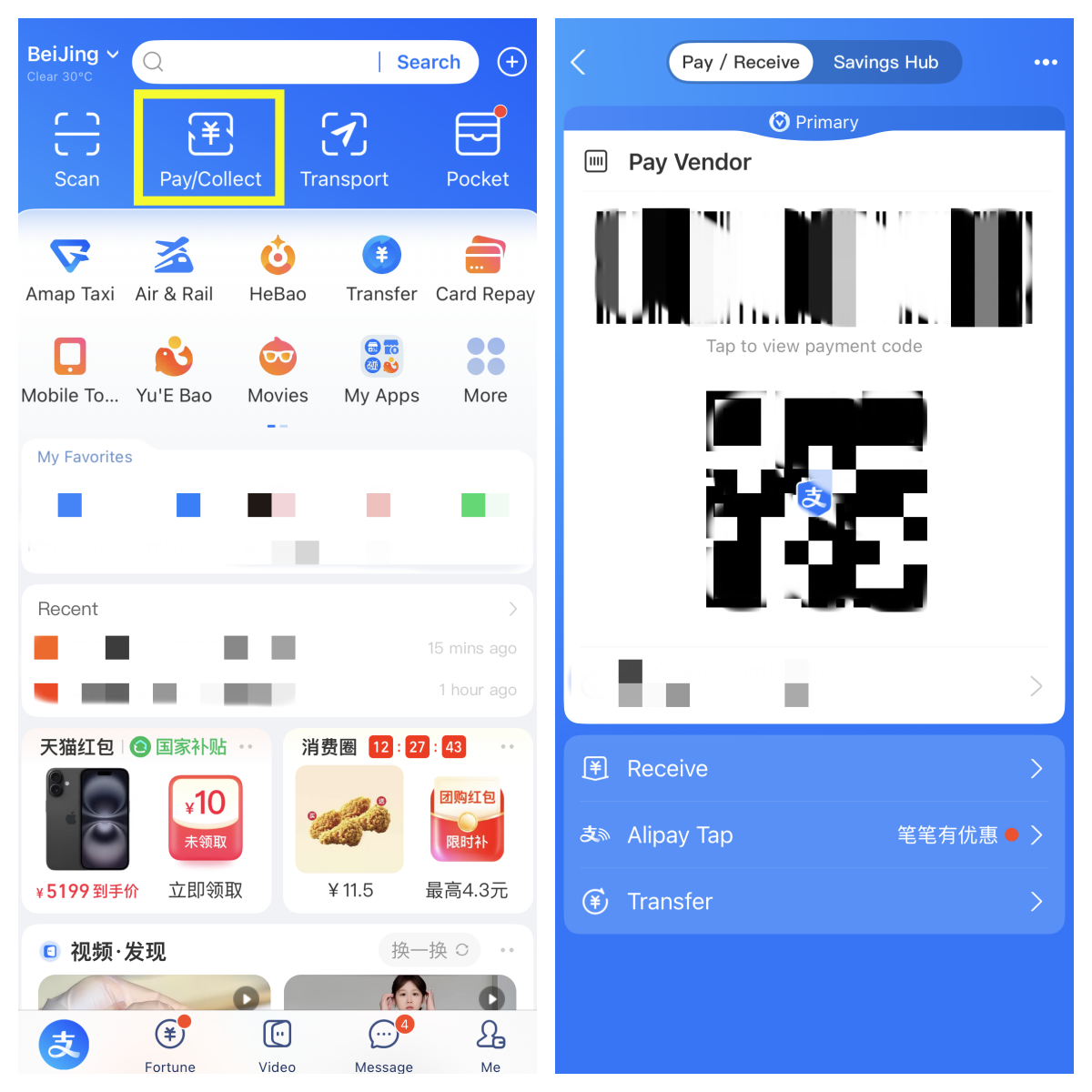Travel in China hits differently when you’ve got the right china travel apps on your phone. Suddenly, language barriers feel smaller, street food is easier to order, and that mystery train ticket? Booked in minutes. Without them, you’re fumbling through hand gestures and pocket dictionaries. Let me show you the apps that turn “getting by” into “feeling at home.”
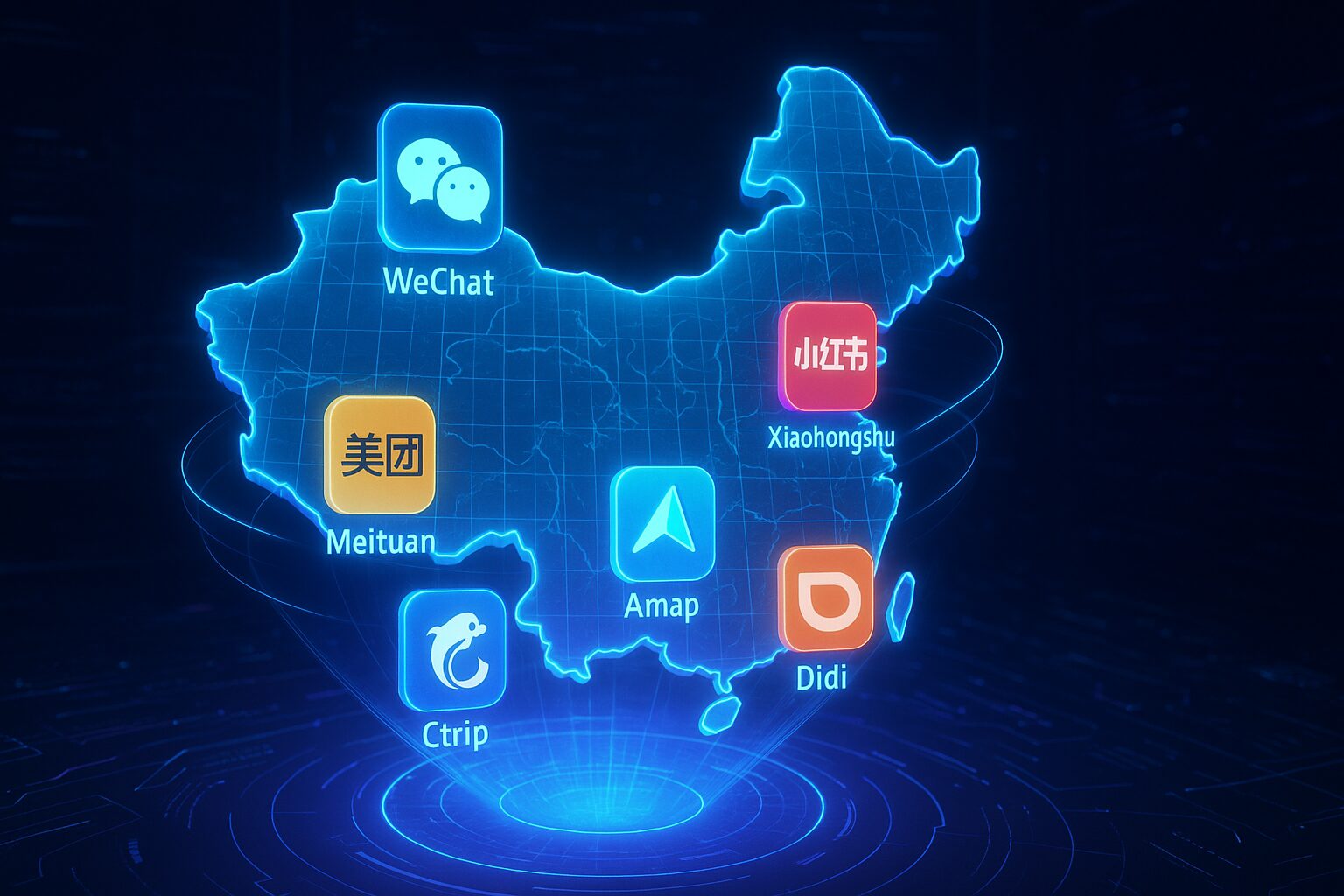
China travel apps you can’t miss
Why Do You Need Specific China Travel Apps in 2025
Your first morning in China starts with steamed buns on the street corner, the air still cool from last night’s rain. You reach for your phone to pay, and that’s when you notice—the apps everyone around you is using look nothing like the ones back home.The Great Firewall isn’t a myth; Facebook, Instagram, even Google Maps may sit there loading forever. But here’s the thing—China’s own apps? They’re not just replacements, they’re better in ways you don’t expect. From hailing a ride in a rainy Shanghai alley to paying for noodles in a village where no one takes cash, it all runs smoother here.
Over the years, my trips have gone from “maybe I’ll manage without” to “I can’t imagine traveling here without them.” Payments, train tickets, hotel bookings, translation, even movie tickets on a quiet night—it’s all in the phone. And if you’re downloading from Google Play or the Apple App Store, know that some apps differ by region, so it’s worth grabbing them before you arrive.
WeChat for Payment & Social (★★★★★)
- Setting Up a WeChat Group on Mobile
In China, WeChat isn’t just another chat app—it’s the backbone of daily life. You can message friends, send voice notes, or drop quick photos, but the real magic shows up when you tap into WeChat Pay. That’s how you buy bubble tea in Chengdu, settle a taxi fare in Xi’an, or grab entry tickets through a mini program without ever leaving the chat screen. It’s all so quick that you start wondering how you ever lived without it.
For travelers relying on essential China travel apps, this one is absolutely top-tier. I’ve booked a Forbidden City slot directly through its mini program—no browser, no clunky redirects, just a few taps. Another time, I messaged my guesthouse owner about a late check-in, and within seconds, they sent me a custom QR code for payment. Even high-speed rail tickets? A couple of taps and you’re done. It’s like your whole trip starts running inside one single app.
And it’s not just about payments. WeChat groups connect you to local tips, from the best noodle shop on your street to real-time weather updates from other travelers. I’ve even used it to share my live location with friends, making meetups in busy cities like Shanghai a breeze.
And since you’ll probably use it for everything, you’ll want to know how to scan a WeChat QR code, how to create a WeChat group, and yes—how to stay on top of WeChat security while you travel.These will make your days here a lot smoother, rain or shine — Want the full WeChat Pay guide?
Alipay for Seamless Payments & Local Services — Highly Recommended (★★★★★)
- Alipay
- Alipay personal payment QR code
Alipay often feels like the easier gateway for newcomers. For many short-term visitors, it’s smoother than WeChat. You open the app, scan a menu QR, and—here’s the part I like—it pops up with an instant English translation. No guessing, no awkward pointing at pictures, and definitely no fumbling with Google Translate while the line behind you grows.
And it’s far from just a way to pay for food. Within minutes, you can recharge a metro transport card, grab attraction tickets, and even secure spots for local cultural events. The Tour Pass feature is a real lifesaver for foreigners, letting you link an international card without the extra paperwork. On one trip, I used Alipay to hop on the Shanghai Metro, pay at a café in Suzhou, and buy entry tickets to the Hangzhou Tea Museum—without switching apps once. Compared to WeChat, which feels more natural for long-term daily life in China, Alipay delivers a faster, more straightforward flow for pure travel needs.
It’s smart to set it up before you land. App store versions can differ depending on your country, and having it ready avoids that first-day scramble. I’ve seen travelers waste hours in their hotel lobby trying to figure out why the app isn’t matching the guide they read online.
If you’re curious, you can look up how the Alipay QR code works, check a step-by-step guide on creating an account, or read about safety tips to keep your transactions secure. When it comes to must-have China travel apps this year, this one’s at the top.Honestly, imagining a first-time China trip without it feels like leaving your passport at home.
Xiaohongshu (RED) for Local Tips & Trend Spotting — Highly Recommended (★★★★☆)

Xiaohongshu
When you’re traveling in China, you’ll notice that most English review sites aren’t updated fast enough. Xiaohongshu is like a pocket notebook for locals, packed with real restaurant reviews, scenic spot tips, and everyday details. I once found a tiny noodle shop hidden in a residential block here—no English menu, but a user had posted step-by-step photos showing exactly what to order.
Its search tool is great too. You can type keywords, or even upload a photo, and it’ll find similar restaurants or products for you. Better yet, most popular posts can be auto-translated with one tap, so you can catch the tone of a local’s rant or a heartfelt recommendation. I often check it for seasonal outfit ideas, or browse it before holidays to spot fun markets.
If you want to get used to the platform ahead of time, take a look at our Xiaohongshu guide—it’ll make your china travel apps list feel more complete. Compared to blindly following a glossy travel ad, Xiaohongshu plugs you straight into the local voice, and that’s when it really feels like you’ve been somewhere.
Meituan — Food Delivery, Local Deals, and More in One App (★★★★☆)

The app icon of Meituan
Meituan is practically everywhere in China’s cities—on street banners, at shop counters, and on every other phone screen you pass on the subway. Locals rely on it for everything from food delivery and hotel bookings to group deals and attraction tickets. I still remember ordering roast goose in Guangzhou at midnight. It showed up at my hotel room door, still warm and fragrant, without me having to wander outside looking for a late-night restaurant.
For foreign travelers, the main hurdle is the app’s fully Chinese interface. But that’s easy to work around—pair it with Google Lens or Baidu Translate, and you’ll catch all the important menu details and deal descriptions. Once you know what you’re ordering, payment is straightforward. Meituan works seamlessly with WeChat Pay and Alipay, and in some cases, merchants even accept international cards linked to those apps, which is a big win for short-term visitors.
In popular travel hotspots like Hangzhou’s West Lake or Shanghai Disneyland, booking tickets through Meituan not only saves time but often gets you better prices than buying at the gate. And the scope goes far beyond just food—you can find local massage parlors, KTV lounges for a night of singing, or even same-day laundry services when your suitcase is running low on clean clothes.
The beauty of Meituan is how it streamlines your trip from morning coffee to late-night snacks. With just a few taps, you can plan your day, grab a meal, and lock in an activity, all without switching between different apps. For visitors, mastering Meituan can turn travel days into something smoother, cheaper, and maybe a little tastier.
Want to master China’s food delivery scene? Read Food Delivery Apps in China: Meituan and Ele.me Explained with a Step-by-Step Meituan Guide (2025) to make your China trip taste even better.

The app icon of Gaode Maps
Gaode Maps easily outperforms Google Maps when it comes to navigating China. It offers real-time bus schedules, precise walking routes, and incredibly detailed indoor maps. Even massive transport hubs like Beijing South Railway Station or the sprawling Shanghai Hongqiao Airport are covered down to individual gates and exits. That means no more confusion when switching between metro lines, bus platforms, or even different floors inside a shopping mall.
One of the biggest improvements for travelers came with the recent update: Gaode now has a full English interface. Menus, search results, and turn-by-turn directions are all much easier to follow. You can type place names in English or pinyin, and it still finds them accurately. For added convenience, it supports voice navigation in English—helpful when you’re biking through Hangzhou’s West Lake area or driving along the coastal roads in Xiamen.
For foreign visitors, Gaode isn’t just another navigation app—it’s a must-have travel companion. It helps you plan complex multi-stop routes, check live traffic conditions, and even find bus seat availability. If you want your trip in China to be smoother, faster, and a lot less stressful, downloading Gaode Maps before you arrive is one of the smartest moves you can make.
DiDi for Safe & Convenient Ride-Hailing (★★★★★)
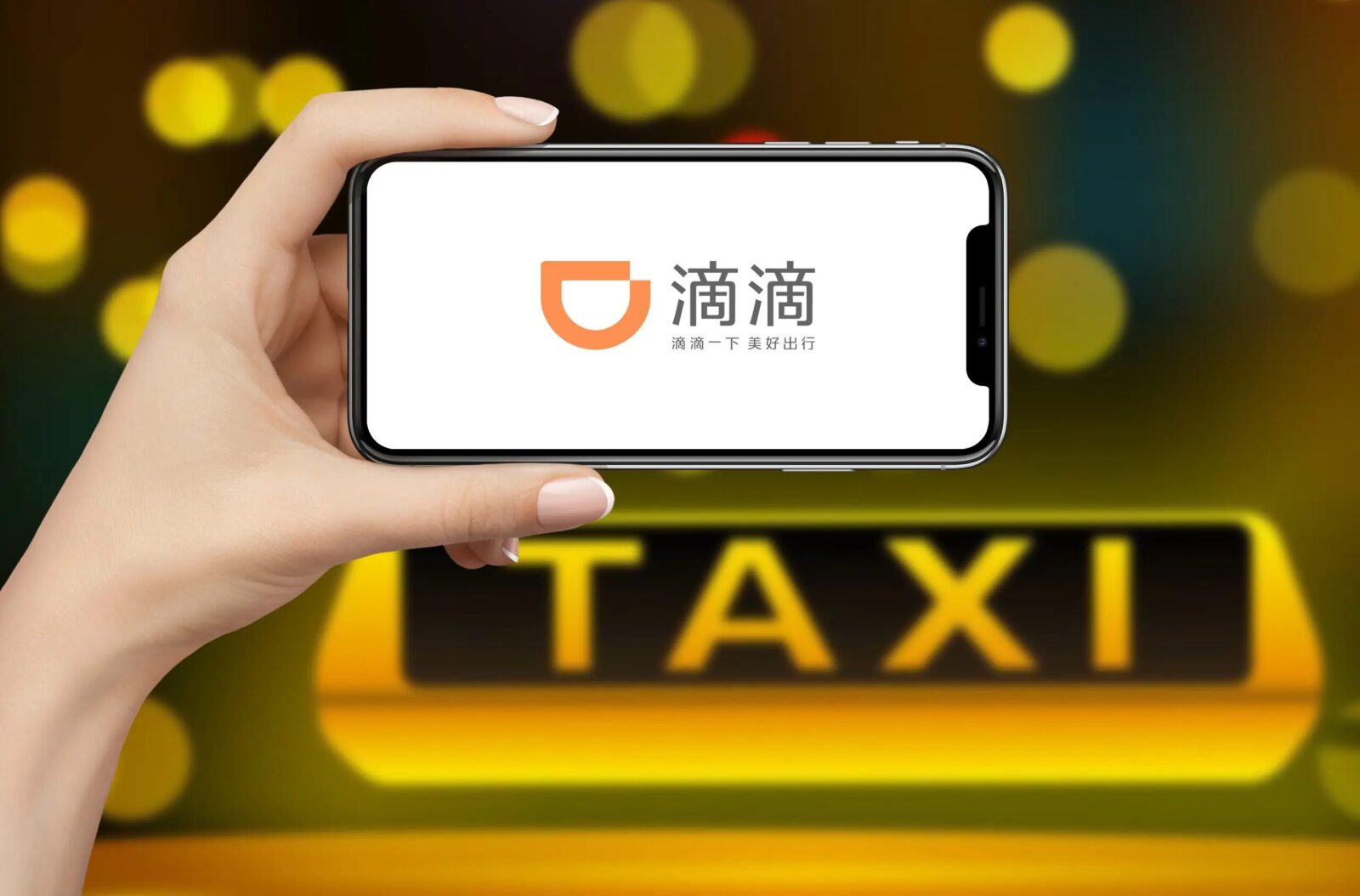
The app icon of Didi
DiDi makes getting around China surprisingly stress-free, even in cities where public transport maps look like a plate of noodles. You can book a ride instantly when you’re in a rush, schedule one for later if you know your plans, or even share a long-distance trip with someone heading the same way. The live driver tracking feature means you can watch their approach in real time, which is a relief when you’re waiting outside with luggage or in an unfamiliar neighborhood. Because the app offers a full English interface, navigating the booking process is straightforward, even for first-time visitors.
Safety is clearly a top priority. Every trip can be audio recorded for extra peace of mind, and driver profiles are fully transparent. Before you step in, you’ll see their photo, rating score, and license plate number, so you know exactly who’s picking you up. This added layer of visibility makes a difference, especially when traveling solo at night or in quieter areas.
One underrated perk? You don’t always need the standalone DiDi app. The service runs smoothly inside both WeChat and Alipay mini-programs, meaning fewer downloads and quicker access. Payment is seamless—no fumbling with cash, and it automatically charges your linked card or balance.
If you’re planning to rely on DiDi, it’s worth checking our detailed setup guide before you travel. It walks you through creating an account, booking rides through mini-programs, and using key safety tools most tourists overlook. For many visitors, DiDi becomes more than just a taxi app—it’s a dependable travel companion that takes the edge off navigating China’s huge, fast-paced cities.
Trip.com — Your All-in-One Booking Tool for Trains, Hotels & Attractions (★★★★☆)

Trip.com
Buying tickets on China’s official platforms, like 12306, can be frustrating for many foreigners. Registration often requires a Chinese phone number, and payment options are limited to local bank cards or certain mobile wallets. For a traveler without these, it can feel like hitting a wall before your trip even starts. That’s where Trip.com becomes a real lifesaver, smoothing out the entire booking process. With its clean English interface and multi-currency payment support, you can skip the bureaucracy and focus on your journey.
Trip.com also bridges the language gap when you’re planning your itinerary. You can book trains, domestic and international flights, hotels, or even join guided tours—without ever leaving the app. Search results are clearly organized, with filters for departure times, ticket classes, and hotel star ratings. And if something’s unclear, customer service is available in English, often responding within minutes via chat or email. This is especially helpful during peak travel seasons, when popular routes like Beijing–Xi’an or Shanghai–Hangzhou sell out fast.
Another strength is its built-in comparison tool. Instead of bouncing between websites, you can view flight, hotel, and attraction ticket prices side by side, then pay instantly with your international credit card. The app also supports payment through PayPal and major wallets like Apple Pay. This flexibility is invaluable when last-minute changes pop up—whether it’s swapping a hotel after reading new reviews, or grabbing a train ticket for an earlier departure.
For anyone traveling in China, Trip.com is more than just a booking app—it’s a time-saver and stress reducer. From securing hard-to-get tickets to finding hotel deals that actually accept foreigners, it’s the kind of tool that makes your trip run smoother from start to finish.
Looking for the best app to book trains, flights, and hotels? Discover Travel China Made Simple 2025: A Complete How-To with Trip.com
Tips to Make the Most of China Travel Apps
Register early and complete your real-name verification before you travel. This avoids delays when buying tickets or unlocking certain app features. Use an eSIM to keep a stable network connection, especially if you’re moving between cities. It’s more reliable than hunting for public Wi-Fi.
Whenever possible, try mini programs inside WeChat or Alipay instead of installing extra apps. This saves storage space and reduces the need for repeated logins. Many ride-hailing, ticketing, and food-ordering services work perfectly within these mini programs.
Lastly, download offline maps and translation packs in advance. They’re essential in areas with weak signals, such as remote scenic spots or underground metro stations. You can find more guidance in our WeChat mini program guide, Alipay travel setup tips, and offline navigation hacks for China.
Frequently Asked Questions (FAQs)
Q: Can I use China travel apps without a Chinese phone number?
Yes, but it’s easier with one. Some apps like Meituan let you sign up using an email or international number, though certain features (like instant verification codes) work more smoothly with a local SIM. If you prefer not to swap SIM cards, getting an eSIM for China before your trip is a smart alternative.
Q: Are China travel apps available on iOS and Android worldwide?
Most are, but not all app stores show the same versions. For example, Meituan and DiDi may appear differently or be hidden in some regions. A common workaround is to switch your app store region to Mainland China or Hong Kong temporarily, download the app, and then switch back.
Q: Do these apps work offline if I lose internet access?
Basic browsing might work for some preloaded pages, but bookings and payments require internet. For safety, download offline maps and translation packs in advance, so you can still navigate and read menus without Wi-Fi or data.
Q: Can I link multiple payment methods in these apps?
Yes. WeChat Pay and Alipay allow linking more than one bank card, including both local and international cards. This is handy if your main card fails during payment—you can quickly switch to another without leaving the checkout page.
Q: Do China travel apps have customer service in English?
It varies. DiDi has in-app English support and chat help, but Meituan’s support is mainly in Chinese. In such cases, you can use in-app translation tools or Google Translate’s conversation mode to bridge the gap.

